SSIT is seeking candidates for three Board of Governors (BoG) Members-at-Large (2023-2025).
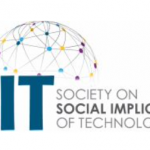


SSIT is seeking candidates for three Board of Governors (BoG) Members-at-Large (2023-2025).

By failing to attend to the source, disinformation can be stored along with information, making it difficult to distinguish the good penny from the bad penny.

SSIT members have a history of getting into “good trouble” as they encourage IEEE toward more humanistic stances on ethics, transparency, sustainability, and global equity.

Functional democratic governance has five fundamental preconditions: civic dignity, confluent values, epistemic diversity, accessible education, and legitimate consent.
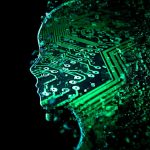
How can tech organizations of whatever size and industry build more ethical systems? IEEE 7000™ aims to provide organizations with “ethical specs.”

IEEE SSIT might better fit the dictionary’s secondary definition of community, by having a sense of fellowship because we share common goals. If so, what are those goals?

This special issue published in cooperation with IEEE Transactions on Technology and Society (December 2021) is dedicated to examining the governance of artificial intelligence (AI) through soft law. These programs are characterized by the creation of substantive expectations that are not directly enforced by government.
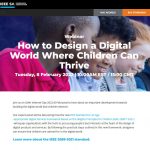
IEEE 2089™-2021, Standard for an Age-Appropriate Digital Services Framework Based on the 5Rights Principles for Children is the first in a family of standards that establishes a set of processes that helps enable organizations to make their services age-appropriate.

The negative effects of technological innovations can be foreseen, and more importantly, mitigated through more intentional and skillful engineering. Systematic efforts to address these impacts remain peripheral to the engineering profession. The Canada-based Engineering Change Laboratory has identified a set of behaviors that take a value sensitive approach to the practice and culture of engineering.

Katina Michael has been recognized with a 2021 IEEE Standards Association (IEEE SA) Managing Director’s Special Recognition Award “in appreciation of her leadership in advancing age-appropriate design standardization” in the creation of IEEE Standard 2089.
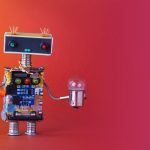
The promise of 4IR is overblown and its perils are underappreciated. There are compelling reasons to reject—and even actively oppose—the 4IR narrative.
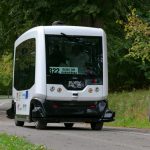
Although much research has been devoted to the effects of autonomous vehicles (AVs) on urban areas, little work has been dedicated to the potential impacts of AVs in rural areas, especially related to feasibility and accessibility [1]. How will automated vehicles impact rural communities?
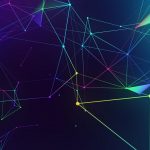
The Web has entered an unfair culture where big tech companies offer free applications in exchange for the right to sell our user-generated content.

The technologies being investigated may hold a promising future for the elderly population, allowing people to continue to live inside their homes while aging.

Hackathons and other well-intentioned efforts to solve social problems using technology must also include the meaningful participation of affected individuals… Read More

AI4Eq — Mark your calendars for Wednesday, Oct 27 from 9 AM – 5 PM (EDT)

The wearable industry is responding to the needs of researchers and consumers with improved UV-wearable technologies.
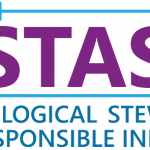
Second International Workshop on Artificial Intelligence for Equity (AI4Eq) Against Modern Indentured Servitude

PIT acknowledges that technological potential can be harnessed to satisfy the needs of civil society. In other words, technology can be seen as a public good that can benefit all, through an open democratic system of governance, with open data initiatives, open technologies, and open systems/ecosystems designed for the collective good, as defined by respective communities that will be utilizing them.

As the COVID-19 pandemic shows, crises can catalyze socio-technical changes at a speed and scale otherwise thought impossible. Crises expose the fragility and resilience of our sociotechnical systems – from healthcare to financial markets, internet connectivity, and local communities.